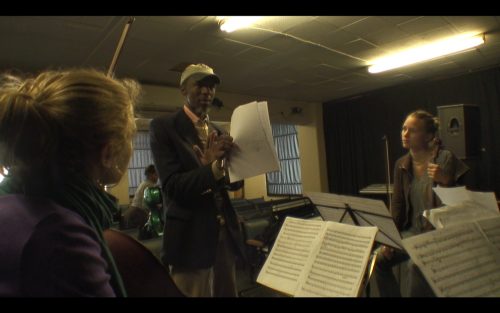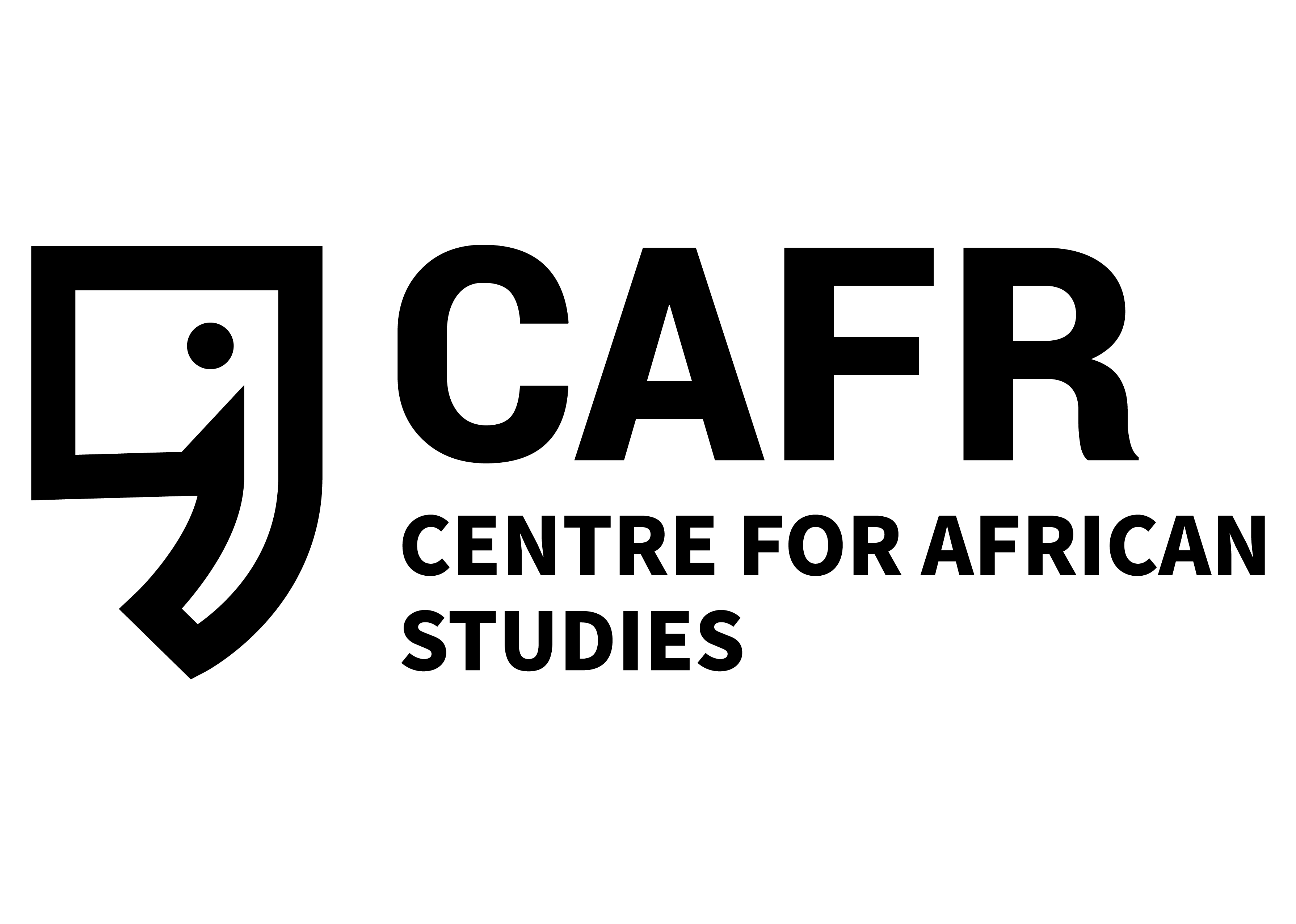
Wednesday 15:50 – 17:20 (February 21 – May 15)
Those of you who are going to attend the course physically, please note that it takes place in the Klementinum building of the National Library, room number 230. If you are not a registered user of the National Library already, please do – for a friendly price – register in order to get to the course’s venue physically (does not apply to online participants). As a bonus, besides access to millions of books and the library’s premises, you will be able to use a number of online academic and non-academic music databases, including the ones providing streaming of rare music recordings.
There are two possible readings of the course title. One reads Decolonizing African Music, the other Decolonizing South African Music Studies. The first suggests general field of interest, the other including the bracketed words reminds us, first, that there always already is a more or less sophisticated understanding (the ‘Studies’ part) before we even begin to listen, that there is no music per se, no sound ever without meaning and, second, that we can’t stereotypically speak about essentialized ‘Africa’ or ‘African music’ but need focus (‘South’ as a case study here).
Why do we need to decolonize our thinking about African music? Because, as any other cultural practice, it is inevitably situated. It is us listening through our complex historical experience, always listening ‘from somewhere’. In our case, this somewhere happens to be Europe, Central and Eastern Europe in particular, with its direct or less direct past and to some extent presence shaped under the conditions of coloniality. Our aesthetic experience of African performing arts as listeners and spectators is inevitably steeped in aural and visual colonial imagination. The language we speak, its structures and words we use too need to be laboured against the grain – to be re-invented anew and to make us better informed and more attentive ears of the world.
The course work is based on class discussions of prescribed reading, listening and watching. The students are asked to submit regular short written reaction papers and a longer final paper by the end of the semester, and to present (live or pre-recorded) the paper’s material and main arguments during final presentation in the exam period.
The course will be taught in English in a hybrid form open to students of the Charles University and other universities via the virtual mobility scheme. The whole course is accessible virtually via MS Teams (lectures, seminars, materials, examination, presentation etc.). As part of the virtual mobility scheme, the course belongs to the flagship 2, Europeanness: multilingualism, pluralities, citizenship, developing especially the transversal skill 3 – critical thinking about Europeanness as a relational notion evolved in historical entanglement with coloniality.
Image: Still from a video, Aryan Kaganoff: Mokale Koapeng – “Komeng” – The Nightingale Quartet, https://vimeo.com/349413054

